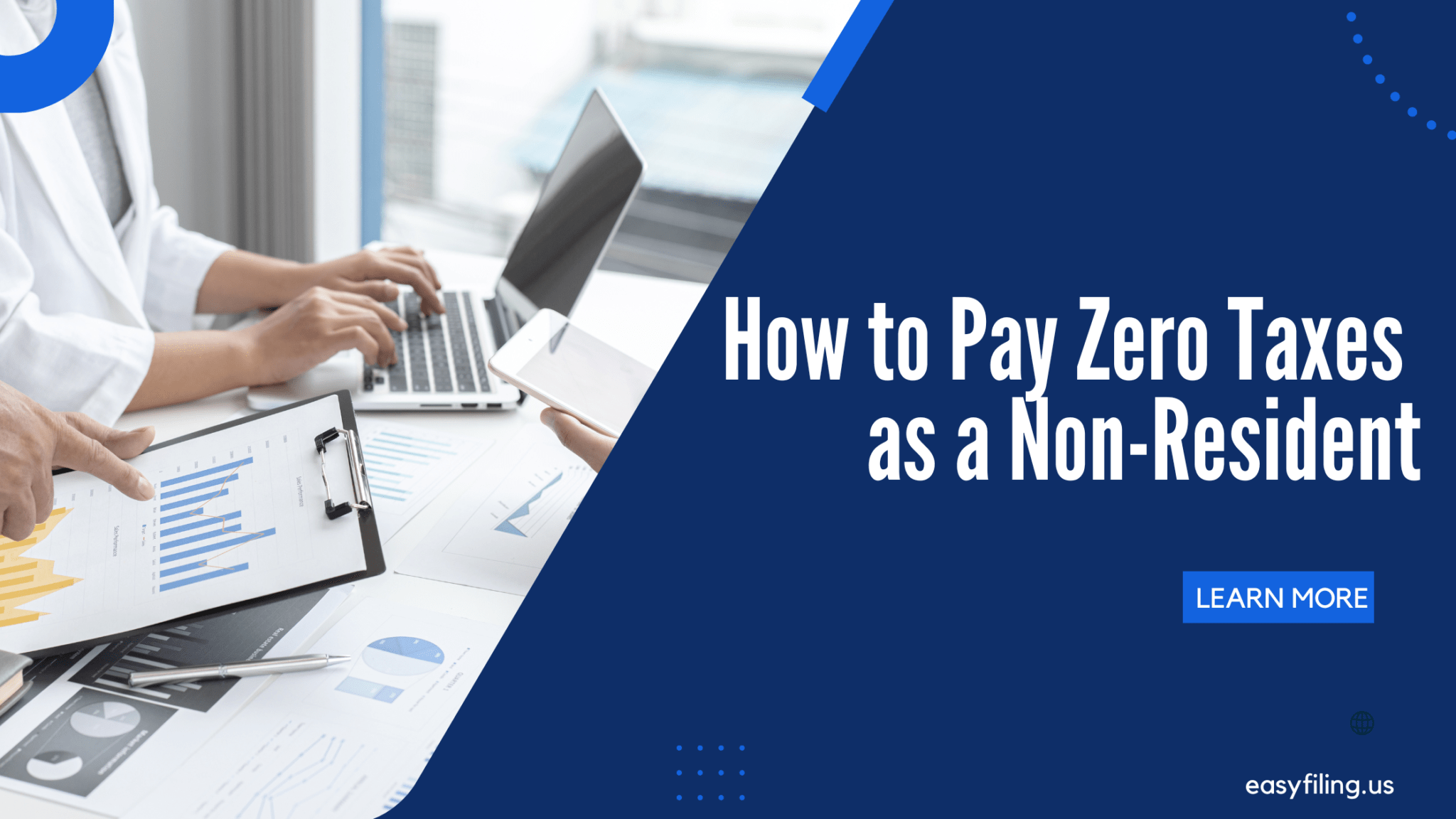Applying for an ITIN (Individual Taxpayer Identification Number) and Tax Obligations for Non-Resident ITIN Holders are essential processes for individuals and businesses with foreign ownership in the United States.
In this blog post, we will explore the various tax filing requirements and guidelines set by the IRS (Internal Revenue Service) to maintain compliance and keep your ITIN active. We will also discuss the obligations and considerations for foreign-owned LLCs (Limited Liability Companies) in terms of tax returns and reporting related party transactions.
Section 1: ITIN Application and Tax Filing
1.1 Understanding the Need for Tax Filing with ITIN
To obtain an ITIN, individuals are generally required to file a tax return. The IRS utilizes tax filing as a basis for processing ITIN requests, ensuring proper documentation and compliance with tax laws.
1.2 Maintaining an Active ITIN
To keep an ITIN active, it is necessary to file at least one tax return every three years. This requirement ensures the ongoing validity and usability of the ITIN for various tax purposes.
Section 2: Tax Filing for Foreign-Owned LLCs
2.1 Filing a 1040 NR for Foreign-Owned LLCs
Filing a 1040 NR (Nonresident Alien Income Tax Return) is a relatively straightforward process and is typically done every couple of years for most clients with foreign-owned LLCs. This tax return allows foreign-owned LLCs to report their income earned in the United States.
2.2 Annual Tax Return for Newly Created Foreign-Owned LLCs
For newly created foreign-owned LLCs, it is crucial to file a tax return every year. This annual filing requirement ensures compliance with U.S. tax laws and reporting obligations. Additionally, if the LLC is classified as a corporation, a form 5472 must be filed by April 15th to report any related party transactions.
2.3 Filing Exemptions for U.S. Person-Owned LLCs
If an LLC is disregarded for U.S. tax purposes because the owner is a U.S. person, the filing requirement for form 5472 does not apply. However, foreign individuals operating an LLC in the U.S., like George from Peru, must file form 5472 to report related party transactions. Additionally, they are required to file form 1040 NR to fulfill their tax obligations on the income earned from the LLC in the U.S.
Tips for Non-Resident ITIN Holders
Keeping Meticulous Records of Tax Documents
Maintain a detailed record of your tax documents. This will ease the filing process and help resolve any potential discrepancies.
Seeking Professional Tax Advice
Tax laws can be complex. Consulting with a tax professional will help you understand your individual obligations and potential benefits.
Understanding and Maximizing Tax Treaty Benefits
If your home country has a tax treaty with the U.S., be sure to understand the benefits you’re entitled to, and claim them on your tax return.
Regularly Staying Updated on Changes in Tax Laws
Tax laws change frequently. Stay informed to ensure compliance and make the most of any new benefits.
Conclusion:
In conclusion, understanding the tax filing requirements for ITIN applications and foreign-owned LLCs is vital for IRS compliance. EasyFiling can assist you in forming a US company, obtaining an ITIN, and staying compliant. With EasyFiling, you can ensure proper documentation, avoid penalties, and fulfill your tax responsibilities in the United States. Let us simplify the process for you and provide peace of mind.
Note: This blog post provides general information and should not be considered as legal or tax advice. It is advisable to consult with a qualified tax professional or attorney for specific guidance related to your individual circumstances.











